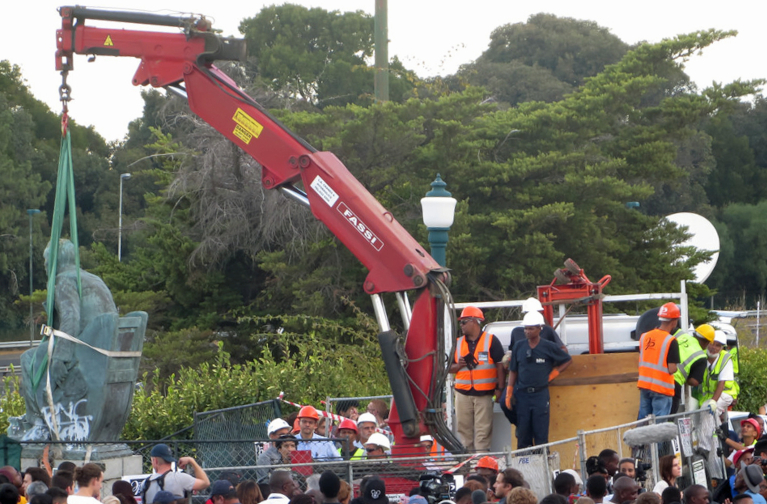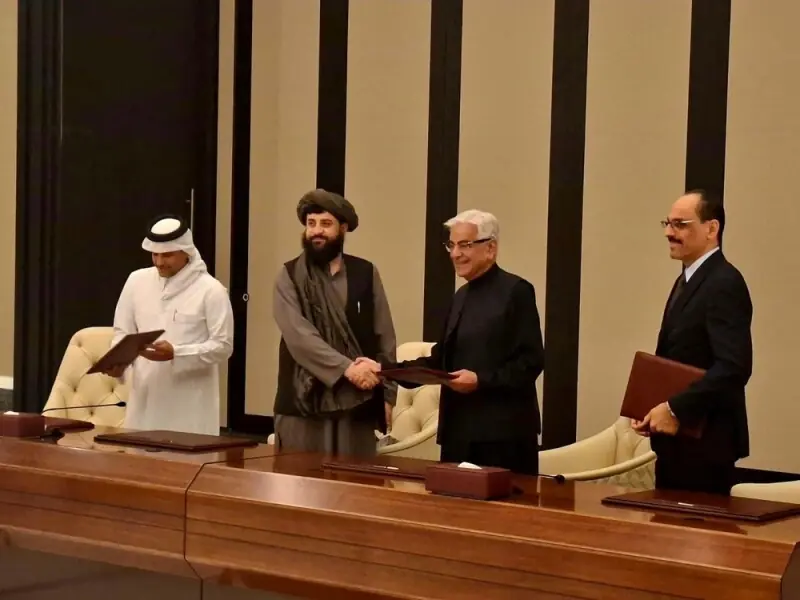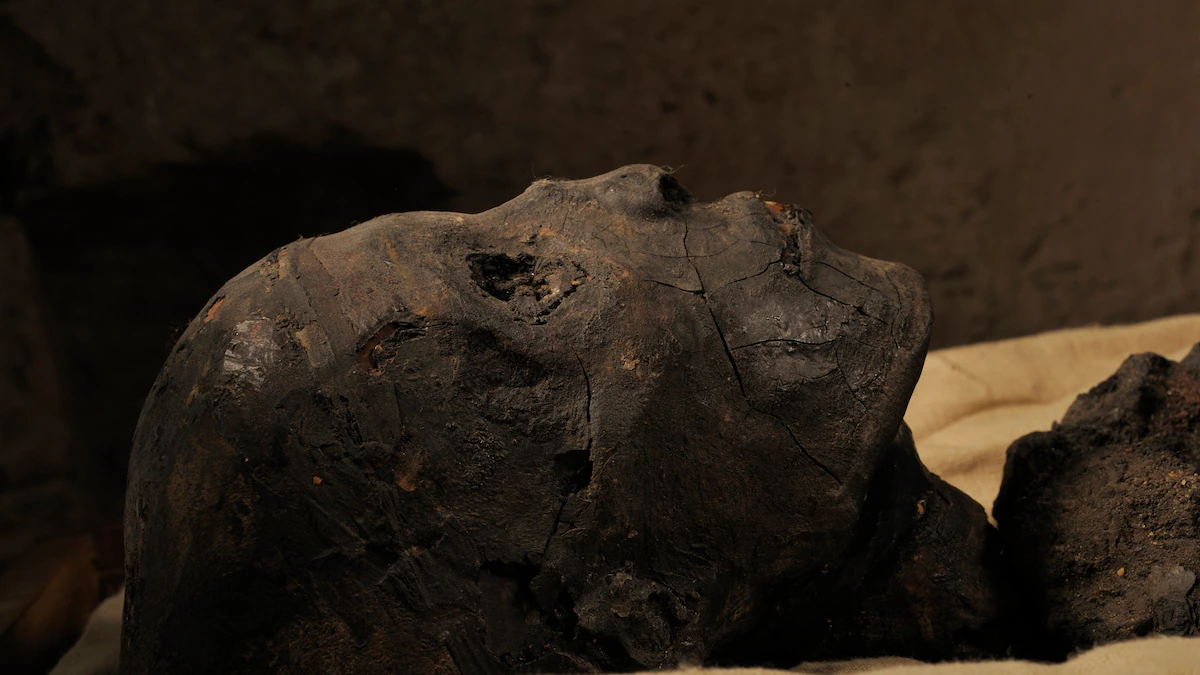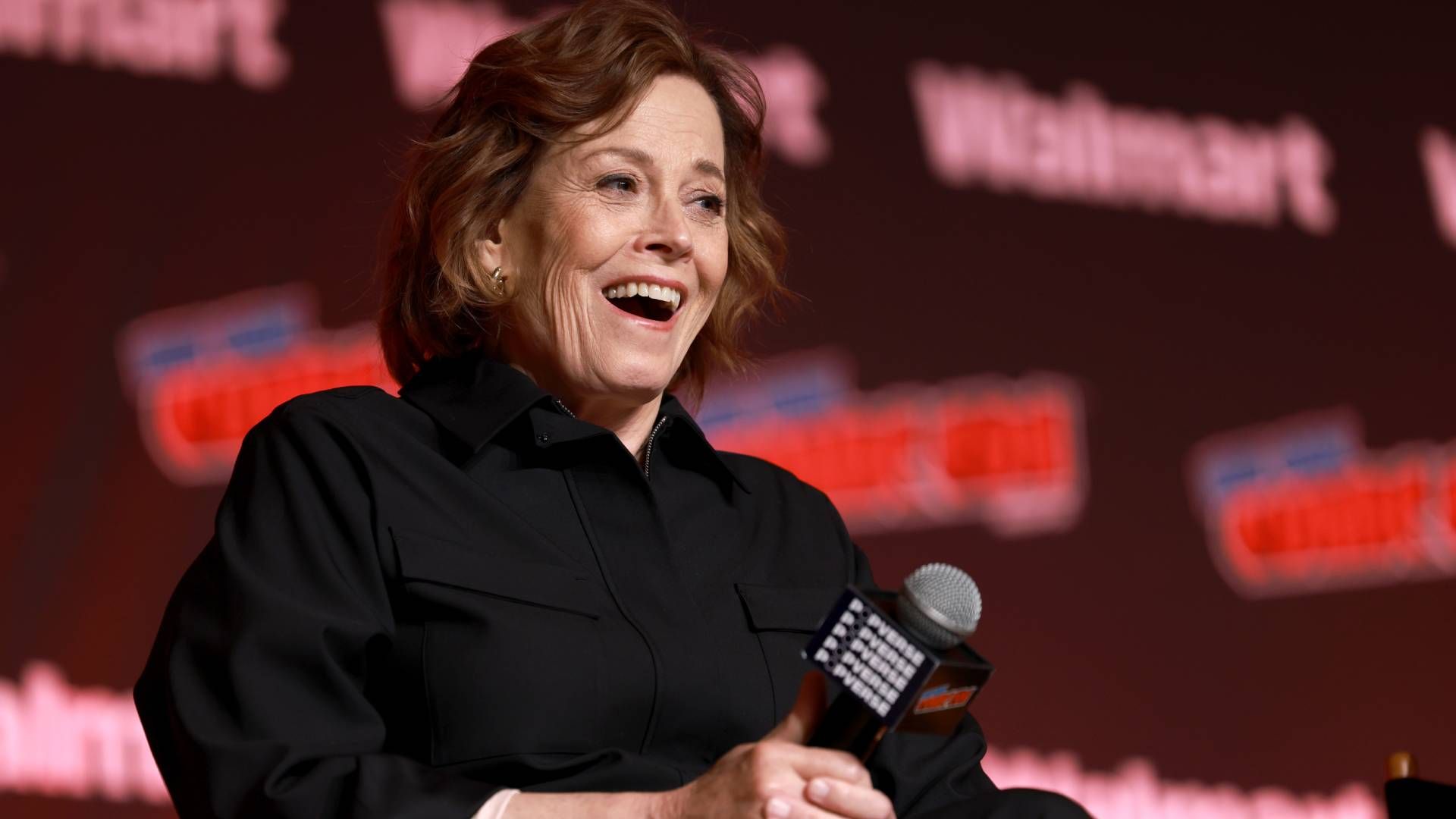Copyright Resilience

Universities are not simply places for learning and research but are also centers of power and influence that can shape society. This idea about the power of higher education is cemented over and over again in the panel conversation between Fernando Racimo, Associate Professor of Molecular Ecology and Evolution at the University of Copenhagen and Jennie Stephens, Professor of Climate Change at the National University of Ireland Maynooth. They met at the Center for Applied Ecological Thinking at the University of Copenhagen to discuss the state of university institutions in the context of the urgent climate crisis. Universities have been and still are sites of insurgency. In the last ten years, student-led movements have pushed for the removal of statues that venerate colonizers and industrialists, starting in Cape Town with Cecil Rhodes. In Denmark, the movement to decolonize manifested itself when a group of anonymous artists from the art academy threw a bust of King Frederik V into the canals as a call for the Danish state to reckon with its role in the transatlantic slave trade. It has not always been obvious how an otherwise seemingly siloed push for climate action could be integrated with these larger struggles for liberation. The link between justice and climate action became more clear to the broader public on October 7th, 2023. Since the intensification of the genocide in Gaza, the climate change movement has increasingly become entangled with other struggles for liberation that see climate breakdown as a product of capitalism and colonialism. “Everything is so blatant now, and people can see the links more explicitly”, says Stephens. In this particular moment, Stephens wishes for academics to speak up against injustices: “Many of us academics actually wish to fulfill a mission to educate and serve the public good, a role that does not necessarily mean catering to corporate interests infiltrating our universities and upholding the status quo.” It is not uncommon for powerful societal actors to attack universities to delegitimize certain kinds of knowledge and advance specific political agendas. In many places around the world, researchers and professors who are critical of militarization and warfare are being silenced and some are even being fired. When scholars engage with the press, they risk receiving strong pushback from right wing media. In Denmark, academics whose work centers on imperial and industrial activities in Greenland are exposed in Danish media. Most recently, the Danish Prime Minister targeted students from the Global South, forcing Danish universities to discriminate against applicants from South Asia. Fossil fuel funding research Historically, the Western model of the university was originally designed to serve wealthy and powerful interests. Universities in the US were often built on occupied land, and in Europe, they trained the next generation of elites. Several branches of science produced knowledge to support and legitimize colonization: geographers surveyed territory in the search for natural resources; anthropologists studied colonised cultures; and engineers built railways to transport extractive goods. Universities are still entangled with imperial and industrial interests. For example, Stephen says, for decades the private sector has been funding industry-friendly research in universities as part of a strategy to increase their profits and block climate regulations. Since the 1970s, the fossil fuel industry has invested intentionally in American, Australian, Canadian and British universities by way of tuition support, research grants, and encouraging their employees to serve on university boards. Spearheaded by the Koch brothers, this was a deliberate strategy that was perceived to be more efficient than funding politicians and lobby organizations. The aim was to promote fossil fuel technologies that allowed for continuous expansion of oil and gas extraction and use instead of fossil fuel “phase out.” “Today, academia is increasingly corporatized; most universities rely on funds from private companies with a specific interest in mind,” says Stephens. As a result of fossil fuel funding of higher education, the industry is booming with fossil fuel companies making more profit than ever. “Little time is spent researching alternative futures and imagining new ways of living without plastics or fossil fuels” says Stephens. Climate Justice Universities Union meeting in March 2025. Author supplied. Does it even make sense to have universities? With universities being highly enmeshed with corporate money that comes from fossil fuel industries, does it even make sense to have universities? And how exactly do we move from profit-seeking science research that advances weapon technology to liberation? Ideally, the public good mission of the university can be reclaimed. “Universities would be more like a public library where everyone can come and use the facilities,” says Stephens. The university would be interwoven with the fabric of local and regional communities and offer itself as a place of knowledge creation, shelter and exchange for everyone. For now, this remains a dream for the future and a political horizon to work towards. Stephen offers collective action within and beyond universities as the antidote to the current complicity and complacency in so many universities. This is where a new international collective organisation – The Climate Justice Universities Union – comes in. With over 400 members world-wide, the union is building collective power, sharing resources, and advocating for transformation in higher education so that our universities are engaging toward a more equitable and stable future for everyone. Stephens, and other members of the Climate Justice Universities Union, see the university as critical social infrastructure that can be used to organize around social change and climate justice. “For some, there is a dilemma between wanting to keep our jobs and striving to stay principled,” says Stephens. “But at this point in history, we are facing fascism as authoritarian regimes try to squash dissent within higher education.” According to her, this is a time of disruption that can be used productively to give birth to new systems and ways of thinking. Membership in the Climate Justice Universities Union is open to all, students, staff and community members, who are interested in collective action toward transforming higher education toward just transitions and climate justice. Hope is a key driving force, according to Stephens. In a time of precarity, insecurity and fear, dreams and imagination will help guide us through a militarized and war-hungry agenda. “We have to keep imagining that the world can look different,” Stephens insists. And the university is a meeting point where struggles can come together and from which new ideas can continue to spring. This article is part of a series published by the Center for Applied Ecological Thinking at the University of Copenhagen. It is a write-up about the event “Reimagining Climate Justice Universities” (September 26, 2025) where Jennie C. Stephens, Professor of Climate Justice at the National University of Ireland Maynooth, Ireland, presented her book “Climate Justice and the University: Shaping a Hopeful Future for All” (2024). Teaser image credit: Cecil Rhodes statue being removed on 9 April 2015. By Tony Carr – Goodbye Cecil John Rhodes20, CC BY-SA 2.0, https://commons.wikimedia.org/w/index.php?curid=39516930



